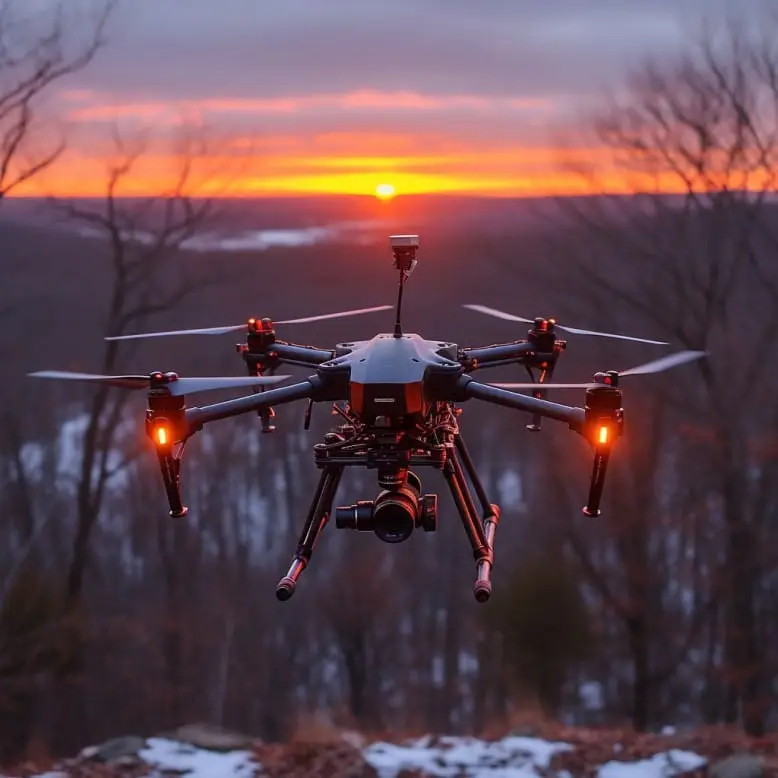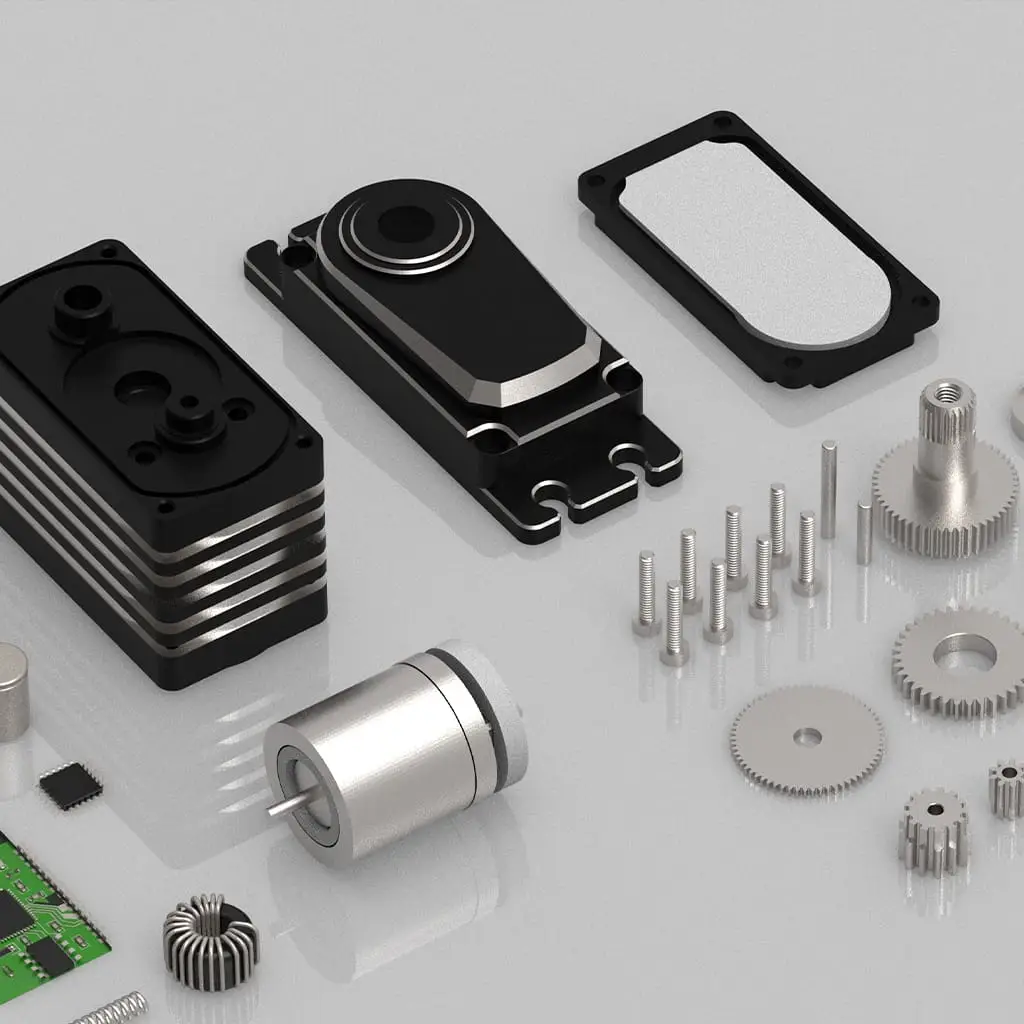When selecting a servo for a specific application, understanding the advantages and disadvantages of coreless and brushless servos is crucial. This article will dive deep into the pros and cons of each, using GXServo as a case study.
Pros and Cons of Coreless Servos
Advantages:
- Lightweight and Efficient: Coreless servos have low inertia, which allows for faster response and higher precision control, especially in applications requiring quick adjustments.
- Lower Cost: Coreless servos are generally cheaper to manufacture due to their simpler structure, making them ideal for budget-conscious projects.
- High Precision Control: The lack of an iron core leads to better control at low speeds, making coreless servos ideal for applications needing precise positioning.
Disadvantages:
- Shorter Lifespan: Coreless servos, while efficient, tend to have a shorter lifespan because the simpler design wears out more quickly, especially under heavy loads or prolonged use.
- Limited Torque Output: The torque output of coreless servos is relatively limited, which may not be sufficient for high-load applications.
Pros and Cons of Brushless Servos
Advantages:
- Higher Efficiency and Stability: Brushless servos are more efficient and provide consistent performance over time, even under high-load conditions, making them ideal for demanding applications.
- Longer Service Life: Without brushes and iron cores, brushless servos have a much longer operational lifespan, making them suitable for continuous operation.
- Higher Torque Output: Brushless servos can handle larger loads and deliver higher torque, which is necessary for industrial robots and other heavy-duty systems.
Disadvantages:
- Higher Cost: The more complex design of brushless servos makes them more expensive to produce, which can be a disadvantage in cost-sensitive projects.
- Complex Control Systems: Brushless servos require advanced electronic controllers and drivers, which can add complexity to system integration.
Through analyzing GXServo’s brushless servos, we can see their exceptional performance in high-demand applications, while coreless servos shine in low-cost, precision-based scenarios.

